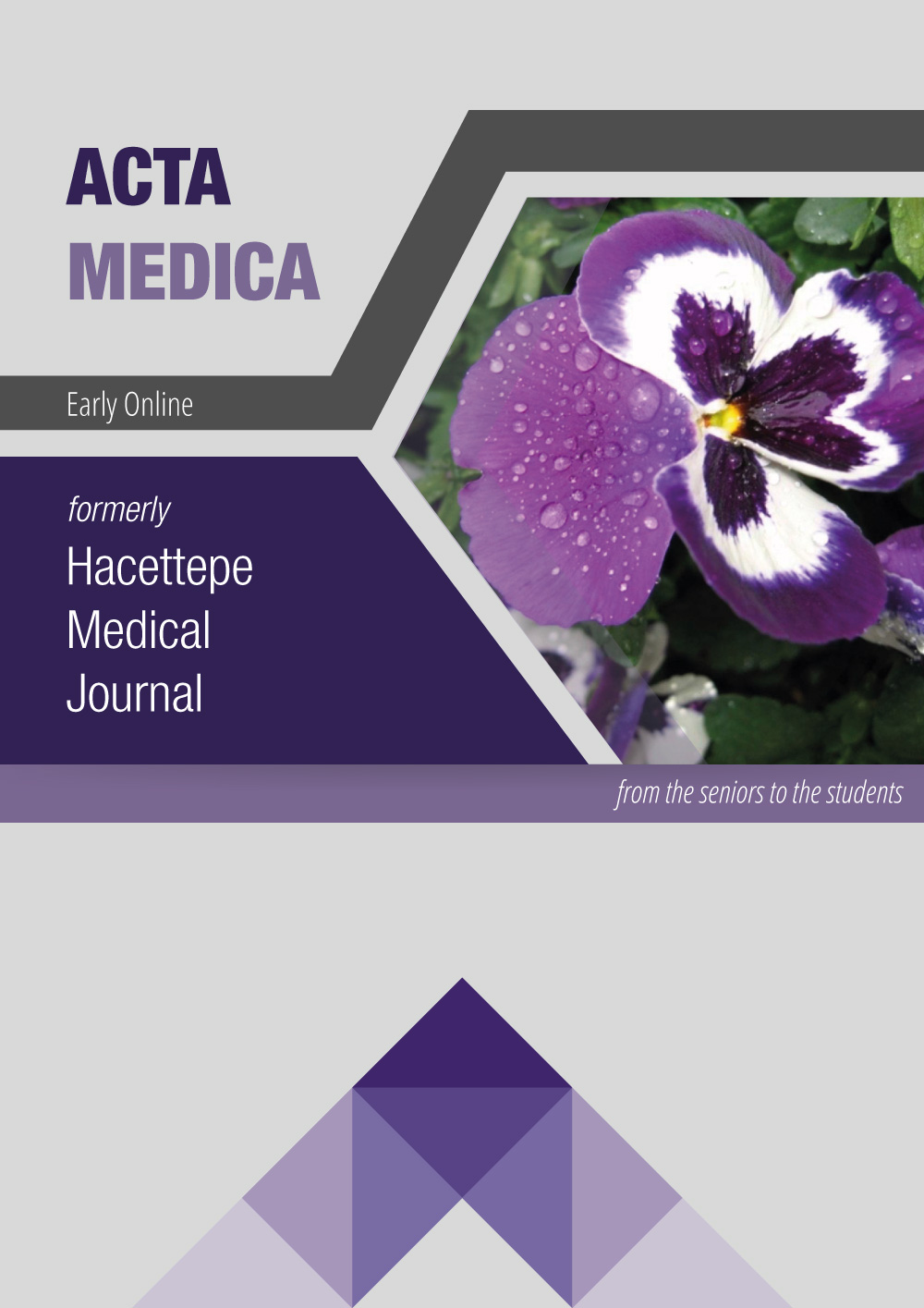Ambulatory management of a patient with bartter syndrome under general anesthesia
DOI:
https://doi.org/10.32552/2023.ActaMedica.898Keywords:
anesthesia, point-of-care systems, Bartter Syndrome, ambulatory surgery, electrolyte managementAbstract
A rare inherited renal tubulopathy, Bartter Syndrome is characterized by salt-wasting in the kidneys, resulting in the effects resembling those of loop diuretics: hypokalemia, hypochloremia, metabolic alkalosis, and volume contraction leading to low to normal blood pressure. The marked electrolyte and hemodynamic instability that is often seen in these patients can sometimes result in catastrophic consequences. Because of the relative rarity of this condition, there are only sparse reports on anesthetic management that typically involve preoperative testing carried out prior to the day of surgery. We herein describe a case of a 54-year-old patient with Bartter Syndrome who presented to the hospital for an outpatient dental surgery under general anesthesia. Preoperative consultation with a nephrologist helped to establish our strategy in maintaining the patient’s electrolyte balance. Point-of-care blood gas monitoring was carried out at regular intervals and guided the perioperative potassium supplementation. Patient remained stable for the entire course of the surgery and was discharged home the same day after one hour in the recovery unit.
Downloads
Downloads
Published
How to Cite
Issue
Section
License
Copyright (c) 2023 Acta Medica

This work is licensed under a Creative Commons Attribution-NonCommercial-NoDerivatives 4.0 International License.


